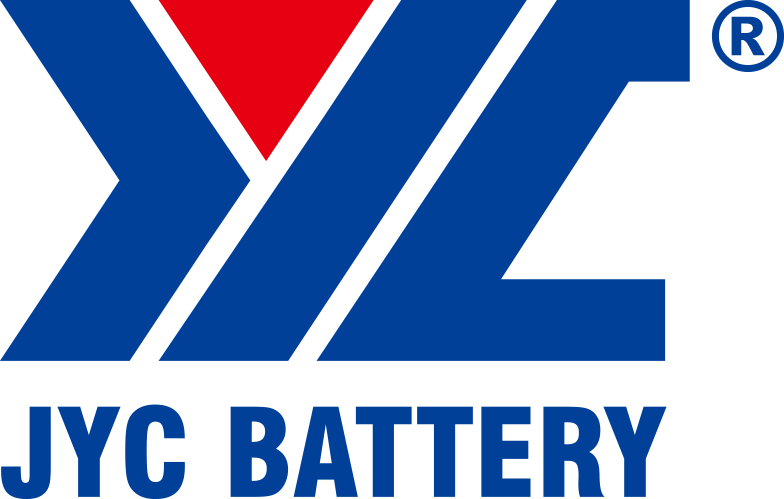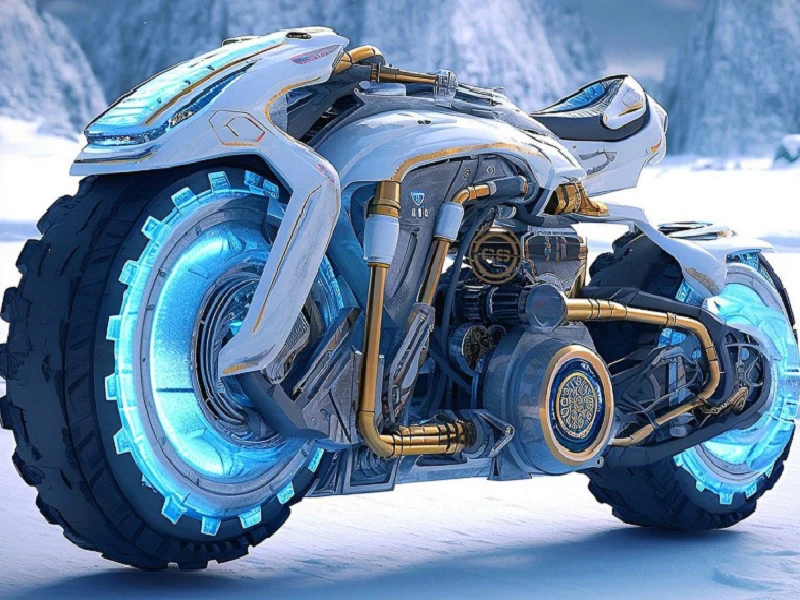The subject of Cold Cranking Amps (CCA) and its impact on motorcycles often raises questions among riders. There’s a prevalent misconception that a higher CCA might have adverse effects on a motorcycle’s electrical system or battery life. Let’s delve into this to separate fact from fiction and understand the nuances involved.
Firstly, what exactly is CCA? Cold Cranking Amps refer to the battery’s ability to deliver a strong starting current in cold temperatures. It indicates the number of amps a battery can provide at 0°F for 30 seconds while maintaining a voltage above a specified threshold (usually 7.2 volts for a 12-volt battery). It’s a crucial factor, especially in colder climates, ensuring your motorcycle starts reliably in adverse weather conditions.
Now, does a higher CCA rating harm your motorcycle battery? The simple answer is no. A higher CCA rating does not directly cause harm to your motorcycle’s electrical system or battery. However, several factors need consideration.
- Compatibility: Always ensure that the battery you choose meets the manufacturer’s specifications for your motorcycle. A higher CCA within the acceptable range specified for your bike should not pose any issues.
- Overpowering the System: The misconception arises from the fear that a significantly higher CCA might overwhelm the motorcycle’s electrical system. However, motorcycle systems are designed with certain tolerances. As long as the voltage remains within the accepted range and the battery physically fits in the designated space, a higher CCA should not cause damage.
- Battery Longevity: Some believe that a higher CCA might shorten the battery’s lifespan. In reality, the CCA rating primarily indicates the starting power and doesn’t inherently affect the battery’s longevity. Factors like proper maintenance, charging habits, and environmental conditions play a more significant role in battery lifespan.
- Charging System: The motorcycle’s charging system needs consideration. If the charging system is faulty or unable to handle the output from a high-CCA battery, it might lead to overcharging. However, this isn’t a direct consequence of a higher CCA rating but rather a mismatch between the battery’s capabilities and the motorcycle’s charging system.
It’s crucial to note that while a higher CCA won’t directly harm your motorcycle, other factors such as overcharging, incorrect installation, or neglecting the overall health of your bike’s electrical system can cause issues.
Tips for a healthy battery life regardless of CCA:
- Regular Maintenance: Ensure proper maintenance of your motorcycle, including the battery.
- Compatible Components: Use batteries and charging systems that are compatible with your motorcycle’s specifications.
- Avoid Overcharging: Monitor the charging system to prevent overcharging, which can damage the battery.
In conclusion, a higher CCA rating, within the manufacturer’s recommended range, doesn’t hurt your motorcycle battery. It ensures a stronger starting power, especially in cold weather, without negatively impacting the electrical system or battery life. However, it’s vital to maintain the entire electrical system and follow manufacturer guidelines to ensure optimal performance and longevity of your motorcycle’s battery.


